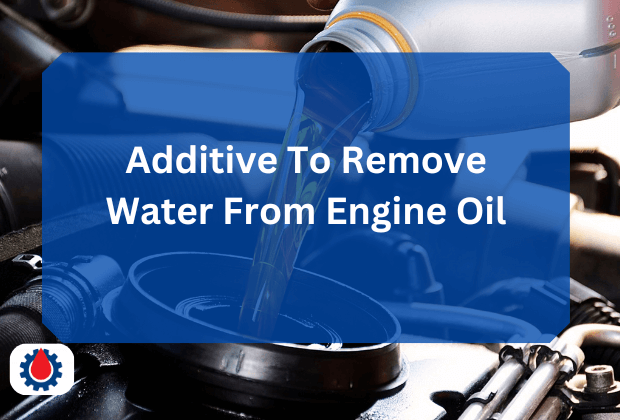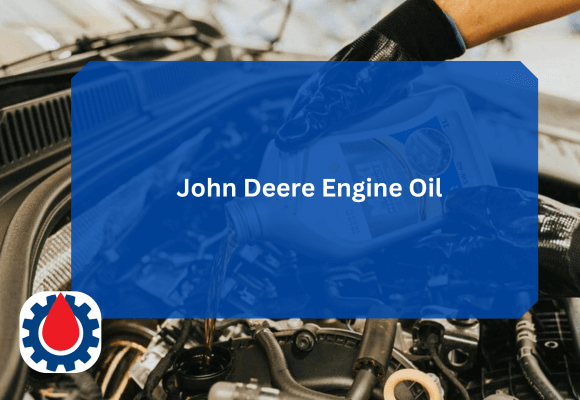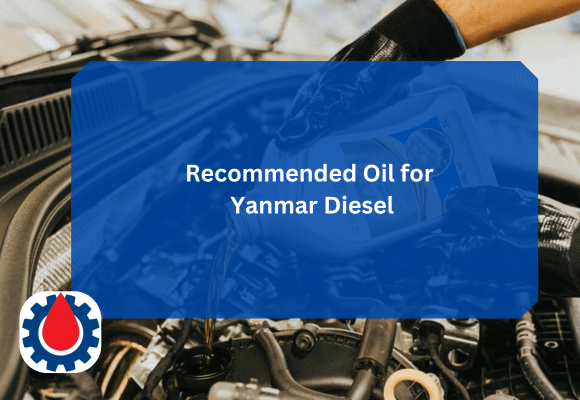Water contamination in engine oil is a serious issue that can compromise your vehicle’s performance and longevity. When water mixes with engine oil, it can lead to corrosion, rust, reduced lubrication, and even engine failure if left unaddressed.
In this post, we’ll explore why water in engine oil is problematic, how additives can help, and highlight five of the best additives available for this purpose.
Additive To Remove Water From Engine Oil
1. Mechanic In A Bottle Hydraulic Oil Fix & Stabilizer

Mechanic In A Bottle Hydraulic Oil Fix & Stabilizer is a versatile additive that works across various oils, including engine oil, hydraulic fluid, and transmission fluid. It encapsulates water molecules, transforming contaminated oil into a usable form by emulsifying water for combustion.
This product is particularly effective for addressing emulsified (milky) oil caused by water contamination. Users report that it reduces waste oil and improves engine performance over time. Its ease of use and compatibility with both conventional and synthetic oils make it a top choice for DIY mechanics and professionals alike.
How to Use: Add the recommended amount to the oil, run the engine for a short period, then drain and replace the oil if contamination persists.
2. Sea Foam Motor Treatment

Sea Foam Motor Treatment is a popular detergent additive known for cleaning and lubricating engines. While primarily designed to remove deposits and sludge, it also helps address minor water contamination by facilitating evaporation through engine heat.
Its petroleum-based formula is safe for high-mileage engines and can be used in both gasoline and diesel engines. Users praise its ability to clean residue and improve engine performance, though it’s less effective for severe water contamination.
How to Use: Add to the crankcase before an oil change, run the engine for a short period, then drain and replace the oil and filter.
3. Hot Shot’s Secret Diesel Extreme

Hot Shot’s Secret Diesel Extreme is formulated for diesel engines and includes a water demulsifier to separate water from oil. This additive is ideal for vehicles with significant water contamination, as it encourages water to settle at the bottom of the oil reservoir for easy removal.
It also contains cetane boosters, injector cleaners, and rust inhibitors, making it a comprehensive solution for diesel engine maintenance. Users report improved fuel quality and engine performance after use.
How to Use: Add to the fuel tank or oil system as directed, then drain the separated water using a pump or drain plug.
4. Lucas Oil Stabilizer

Lucas Oil Stabilizer is a multi-functional additive that reduces friction, improves fuel efficiency, and helps manage water contamination. Its detergent properties help break down water and contaminants, allowing them to be drained or evaporated.
This additive is compatible with both conventional and synthetic oils and is particularly effective for older engines with minor water ingress from condensation. Users appreciate its ability to enhance engine longevity and smoothness.
How to Use: Add to the engine oil, run the engine to circulate the additive, and drain if necessary.
5. STP All Season Water Remover

While primarily marketed as a fuel additive, STP All Season Water Remover can be used in engine oil to address minor water contamination. It works by emulsifying water, allowing it to be burned off during engine operation.
This product is especially useful for preventing fuel line freeze in winter and inhibiting corrosion. Its affordability and availability make it a practical choice for regular maintenance.
How to Use: Add to the fuel tank or oil system as per instructions, ensuring the tank or crankcase is at least half full.
Related White Stains Engine Splatter After Oil Change(4 Causes + Solutions)
Why Water in Engine Oil is a Problem
Water is a poor lubricant and doesn’t mix well with oil, leading to several issues:
- Corrosion and Rust: Water causes metal components to rust, damaging critical engine parts over time.
- Reduced Lubrication: Water displaces oil, reducing its ability to lubricate moving parts, which increases wear and tear.
- Additive Depletion: Water can hydrolyze or wash out essential oil additives, reducing their effectiveness and compromising oil performance. Studies show that free water separation can deplete additives by up to 10% by weight, affecting tribological performance.
- Oxidation and Sludge: Water accelerates oil degradation, leading to sludge and deposits that clog engine components.
Related How to Fix Milky Oil in Engine(In 7 Easy Steps)
The Role of Additives in Water Removal
Additives designed to remove water from engine oil work in one of two ways:
- Emulsifiers: These additives bond with water molecules, allowing them to be burned off during engine operation. This is particularly useful for minor water contamination, such as from condensation.
- Demulsifiers: These encourage water to separate from the oil, making it easier to drain or filter out. Demulsifiers are ideal for larger amounts of water or severe contamination.
Additional Tips for Managing Water in Engine Oil
While additives can help, they are not a cure-all. Here are some additional steps to address water contamination:
- Drain and Replace Oil: For severe contamination, drain the oil, replace the filter, and refill with fresh oil. This is often the most effective solution.
- Check for Leaks: Inspect gaskets, seals, and the cooling system to identify and fix the source of water ingress.
- Run the Engine: Operating the engine at full temperature can help evaporate minor amounts of water.
- Use Proper Storage: Store vehicles in dry environments to prevent condensation, and avoid storing fuel for long periods, as ethanol-blended fuels attract water.
- Consult a Professional: Persistent water contamination may indicate underlying issues like a blown head gasket, requiring professional repair.
Related MOA engine oil additive(Benefits & 5 Best Additive in 2025)
FAQ
What removes water from engine oil?
Water can be removed from engine oil through a process called vacuum dehydration or by using a centrifuge system. These methods are common in industrial settings. For vehicles, the most effective solution is often changing the oil and filter completely.
What additive removes water from the engine?
There are no effective fuel or oil additives that remove water from engine oil. Unlike fuel systems, where fuel additives can help disperse water, engine oil contaminated with water must be drained and replaced.
How to remove water from an oil system?
To remove water from an engine’s oil system:
- Drain all the contaminated oil
- Replace the oil filter
- Refill with fresh oil
- In severe cases, flush the system using engine flush products.
- Run the engine to evaporate any remaining moisture, then change the oil again if needed.
Related Engine Oil Additives to Stop Ticking Lifter(Top 5 Best Oil)
How to remove water content in oil?
For minor water contamination, heating the engine during operation can help evaporate the water. However, significant water content requires a complete oil change and possibly multiple flushes.
What should I do if I get water in my engine oil?
- Do not start or run the engine, especially if the oil looks milky
- Drain the contaminated oil immediately
- Change the oil filter
- Inspect for causes (blown head gasket, coolant leak, water intrusion)
- Refill with clean oil and monitor performance
What is the most effective way to remove oil from water?
In environmental cleanup or spills, oil is removed from water using:
- Oil skimmers
- Absorbent pads or booms
- Centrifuges or separation systems
- Coalescers (industrial water treatment)
Final words
Water in engine oil is a serious issue that demands immediate attention to prevent long-term damage. Additives like Mechanic In A Bottle, Sea Foam, Hot Shot’s Secret Diesel Extreme, Lucas Oil Stabilizer, and STP All Season Water Remover offer effective solutions for managing water contamination, either by emulsifying it for combustion or separating it for removal.




